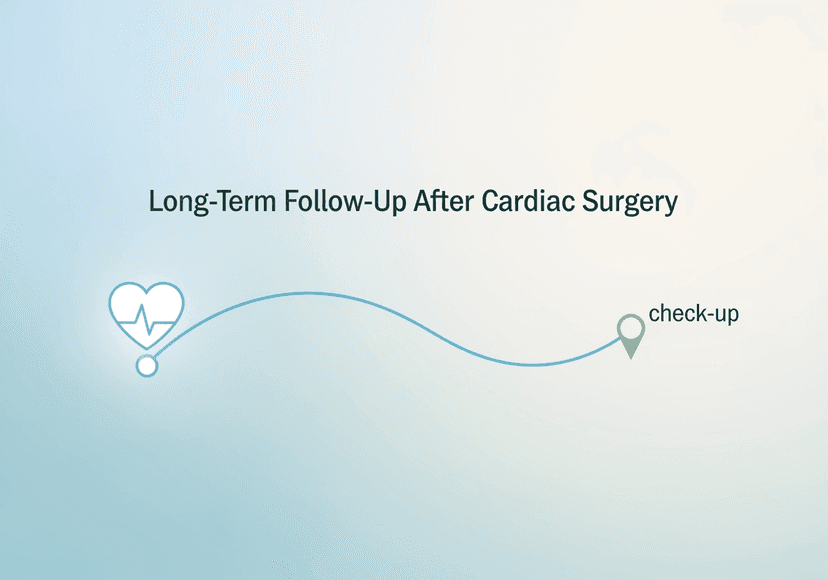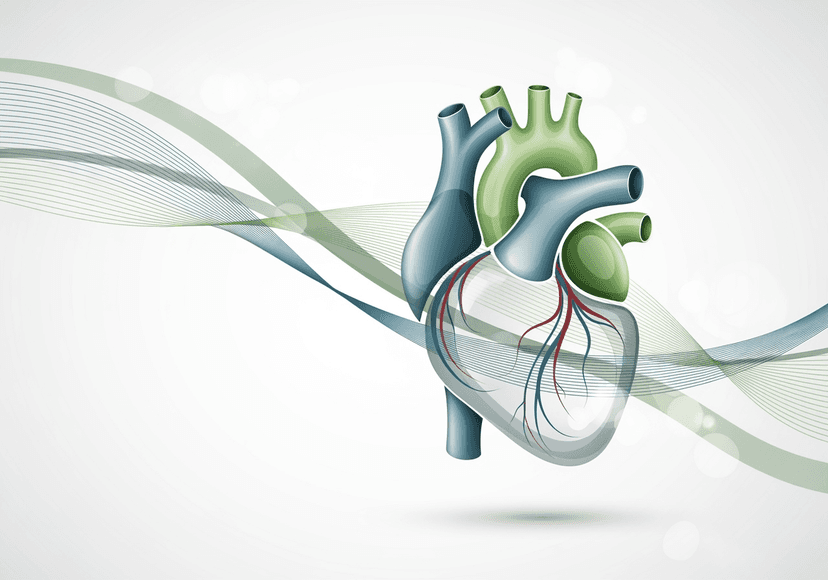
The Risks and Benefits of Heart Transplant Surgery
12 Oct, 2024
 Healthtrip
HealthtripWhen it comes to treating heart failure, heart transplant surgery is often considered the last resort, but it can be a life-saving option for those who have exhausted all other treatment options. However, like any major surgery, it comes with its own set of risks and benefits, which must be carefully weighed by patients and their healthcare providers. In this article, we'll delve into the world of heart transplant surgery, exploring the potential benefits and risks involved, and what patients can expect during and after the procedure.
Understanding Heart Transplant Surgery
Heart transplant surgery involves replacing a diseased or damaged heart with a healthy one from a donor. The surgery typically takes several hours to complete and is performed under general anesthesia. During the procedure, the surgeon will connect the donor heart to the patient's blood vessels and ensure that it's functioning properly. The diseased heart is then removed, and the incision is closed.
Most popular procedures in India
Why Is Heart Transplant Surgery Necessary?
Heart transplant surgery is usually recommended for patients with end-stage heart failure, which means their heart is no longer able to pump enough blood to meet the body's needs. This can be caused by a variety of factors, including coronary artery disease, cardiomyopathy, heart valve problems, and congenital heart defects. In some cases, patients may have already undergone other treatments, such as angioplasty or bypass surgery, but their heart condition continues to deteriorate.
Wellness Treatments
Give yourself the time to relax
Lowest Prices Guaranteed!

Lowest Prices Guaranteed!
The Benefits of Heart Transplant Surgery
While heart transplant surgery is a major undertaking, it can greatly improve the quality of life for patients with end-stage heart failure. Some of the benefits of heart transplant surgery include:
Improved Survival Rate
According to the American Heart Association, the survival rate for heart transplant patients has improved significantly over the years. In fact, the one-year survival rate is now around 90%, and the five-year survival rate is around 75%. This is a significant improvement compared to the 1960s, when the one-year survival rate was around 50%.
Increased Energy and Mobility
Heart transplant surgery can greatly improve a patient's energy levels and mobility. With a healthy heart, patients are able to engage in physical activities they may have previously avoided due to fatigue or shortness of breath. This can include simple tasks like walking, jogging, or even playing with grandkids.
Reduced Symptoms
Heart transplant surgery can also reduce symptoms associated with heart failure, such as swelling, fatigue, and shortness of breath. Patients may no longer need to take as many medications, and they may be able to resume their normal daily activities.
The Risks of Heart Transplant Surgery
While heart transplant surgery can be life-saving, it's not without its risks. Some of the potential complications include:
Infection
Infection is a common complication of heart transplant surgery, particularly in the first few months after the procedure. This can range from mild infections, such as pneumonia, to more severe infections, such as endocarditis, which can be life-threatening.
Rejection
Another risk of heart transplant surgery is rejection, which occurs when the body's immune system rejects the new heart. This can happen at any time, even years after the procedure, and can lead to serious complications if left untreated.
Organ Damage
Heart transplant surgery can also cause damage to surrounding organs, such as the lungs, kidneys, or liver. This can occur during the procedure or in the days and weeks that follow.
Life After Heart Transplant Surgery
After heart transplant surgery, patients will need to make some significant lifestyle changes to ensure their new heart remains healthy. This can include:
Lifelong Medication
Patients will need to take lifelong medication to prevent rejection and infection. This can include immunosuppressive drugs, which can have side effects, such as weight gain, high blood pressure, and increased risk of infection.
Dietary Changes
Patients will need to make dietary changes to reduce their risk of heart disease, including eating a healthy, balanced diet, low in salt and fat. They may also need to limit their intake of fluids and monitor their sodium levels.
Regular Check-Ups
Regular check-ups with their healthcare provider are crucial to monitor the health of their new heart. This can include regular blood tests, echocardiograms, and electrocardiograms.
Conclusion
In conclusion, heart transplant surgery can be a life-saving option for patients with end-stage heart failure. While it comes with its own set of risks and benefits, the potential benefits can greatly improve a patient's quality of life. By understanding the procedure, the risks and benefits, and the lifestyle changes required after surgery, patients can make an informed decision about their treatment options. If you or a loved one is considering heart transplant surgery, be sure to discuss the risks and benefits with your healthcare provider and carefully weigh your options.
Related Blogs

Long-Term Follow-Up After Cardiac Surgery
Detailed insights into cardiac surgery – doctors, hospitals, technology, recovery,

Healthtrip’s Transparency in Cardiac Surgery Pricing and Packages
Detailed insights into cardiac surgery – doctors, hospitals, technology, recovery,

Frequently Asked Questions About Cardiac Surgery
Detailed insights into cardiac surgery – doctors, hospitals, technology, recovery,

Advanced Robotic Technology Used in Cardiac Surgery
Detailed insights into cardiac surgery – doctors, hospitals, technology, recovery,

How Healthtrip Supports Foreign Patients for Cardiac Surgery in India
Detailed insights into cardiac surgery – doctors, hospitals, technology, recovery,

Top Medical Packages for Cardiac Surgery Offered by Healthtrip
Detailed insights into cardiac surgery – doctors, hospitals, technology, recovery,










